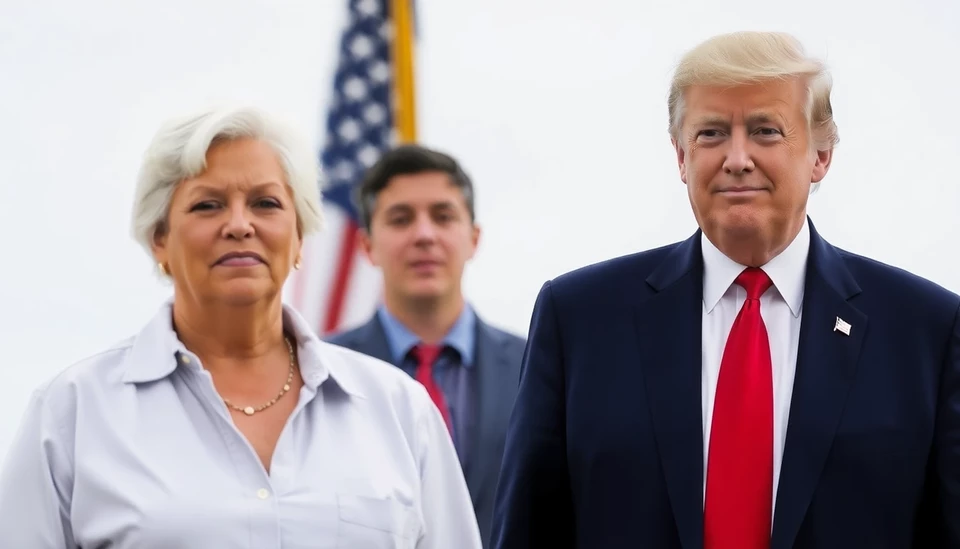
In a recent analysis, experts have expressed significant concerns regarding former President Donald Trump's proposed immigration policy, suggesting that its implementation could exacerbate the current food inflation crisis in the United States. According to agricultural economists and industry leaders, the policy changes could disrupt food supply chains, reduce labor availability in the agriculture sector, and ultimately drive prices higher for consumers.
The potential immigration reform, which would include stringent measures to limit both legal and illegal immigration, is seen as a move that could limit the workforce necessary for farming and food production. Many agricultural businesses heavily rely on immigrant labor to harvest crops and manage operations, especially in low-wage labor roles that are often challenging to fill with domestic workers. As such, if Trump's immigration policies were to be enacted, farmers may struggle to find the necessary employees, leading to reduced output and increased costs.
Current inflation in the food sector is already at alarming rates, with many households feeling the pinch through higher prices at grocery stores. Economic indicators from recent months highlight that food prices have surged significantly, and analysts warn that disrupting the labor force could lead to further escalations. If fewer crops are harvested, this would inevitably lead to scarcities that could push prices even higher. This cycle could create a detrimental vortex affecting all consumers, particularly low-income families who already spend a larger proportion of their income on food.
Adding to the complexity, experts argue that the overall logistical issues compounded by stricter immigration policies could have a domino effect on food distribution. Transportation of goods could face delays, and higher operational costs could be passed down to consumers. In a time where many Americans are already prioritizing their spending decisions, increased prices for essentials could result in difficult trade-offs for families, limiting their access to nutritious food options.
Furthermore, agriculture remains a critical sector for the American economy. The potential fallout from restrictive immigration reforms could not only stifle growth but also harm the competitiveness of the U.S. agricultural market on a global scale. If American produce becomes more costly or less available, consumers may turn to imported food options, potentially putting domestic farmers at a disadvantage.
As the political landscape continues to evolve ahead of the 2024 elections, the implications of Trump’s immigration policy resonate beyond the agricultural community. Voters are weighing the potential economic fallout alongside various policy proposals that could shape the future of food security and inflation in the nation.
Conversations around this topic are expected to escalate as the agricultural sector voices its concerns while pushing for more viable solutions that address both labor needs and the pressing issues relating to food affordability.
The question remains: how will the administration choose to balance these competing interests, and what will this mean for American households already struggling with rising costs?
Stay tuned for updates as policy discussions unfold, and the impacts of immigration reform on the food supply chain continue to be evaluated.
#TrumpImmigration #FoodInflation #AgriculturePolicy #ConsumerPrices #USEconomy
Author: Daniel Foster
